By Sinikiwe Makove, Women Empowerment Manager, CAMFED Zimbabwe
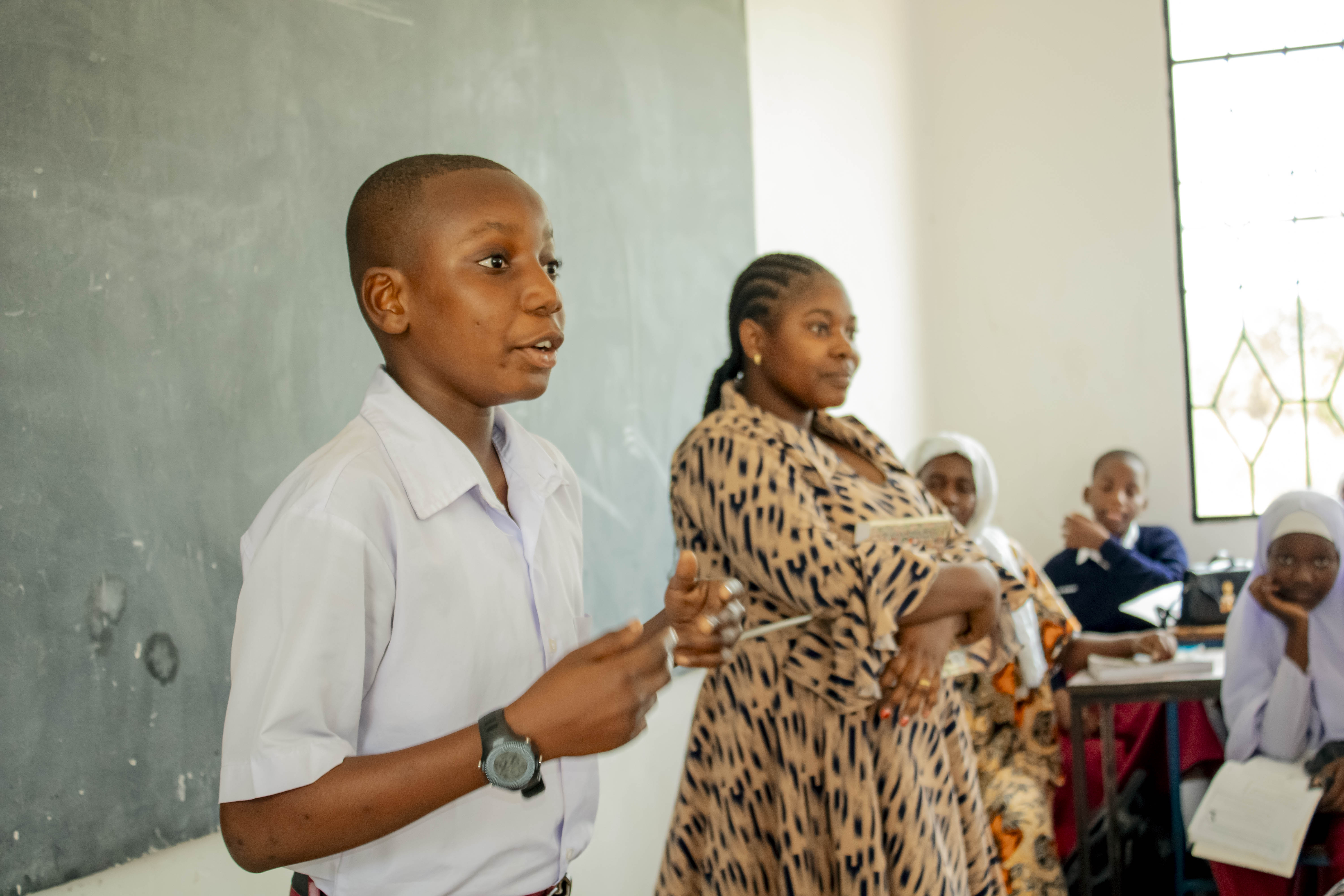
Why ‘big sisters’ matter
I'm Debora, a Learner Guide and school Matron in Tanzania. Once a vulnerable girl myself, I mentor students in Tanzania, helping them stay safe, stay…
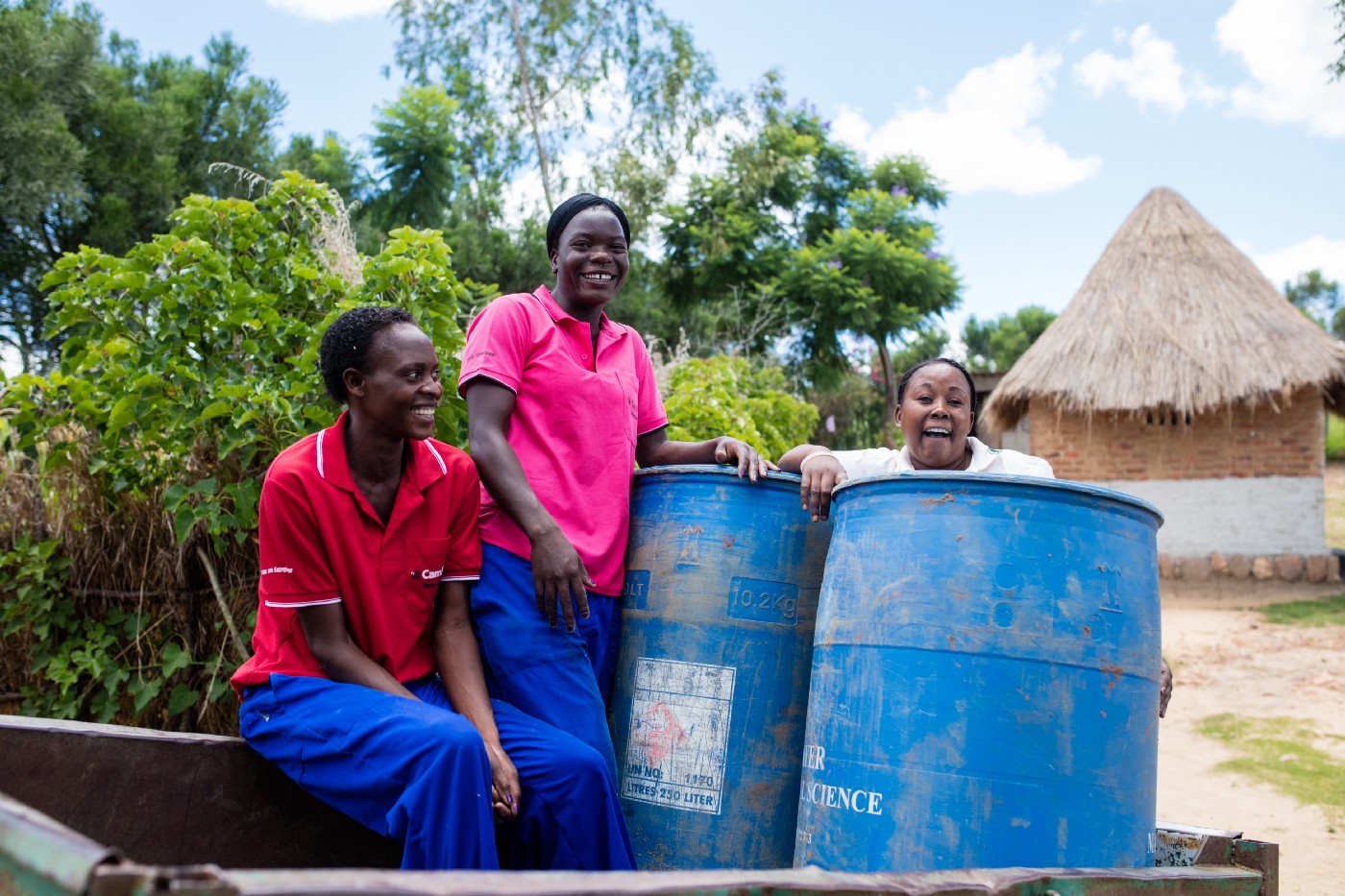
By Sinikiwe Makove, Women Empowerment Manager, CAMFED Zimbabwe
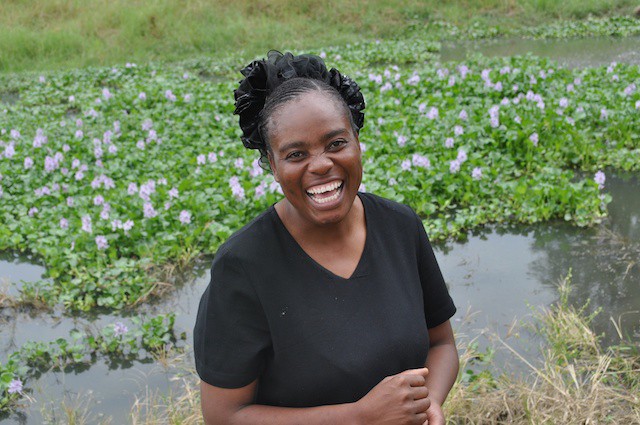
Sinikiwe Makove, Women Empowerment Manager at Camfed Zimbabwe
This brings joy to my heart and to my soul — young women not running away from the challenges in their communities but remaining and dealing with them, showing what is possible, and what can happen if we rally behind one another and work to improve our own communities, and our own lives.
If young women are given the tools to succeed, they can change the mindset of their families and their communities.
At Camfed we have two programs: the in-school program that provides the material and emotional help for girls to access school, learn, stay, and complete, and the program for girls who have completed school who join CAMA, Camfed’s alumnae network. Giving girls the chance to go to school must include support when girls complete school. Because if young women are given the tools to succeed, they can change the mindset of their families and their communities. That is what CAMA is all about. As Women Empowerment Manager, I mentor these graduates. I mentor those who want to further their education, to access colleges and universities, ensuring that they are ready for the interviews. I also mentor those who choose another pathway, like running their own businesses.
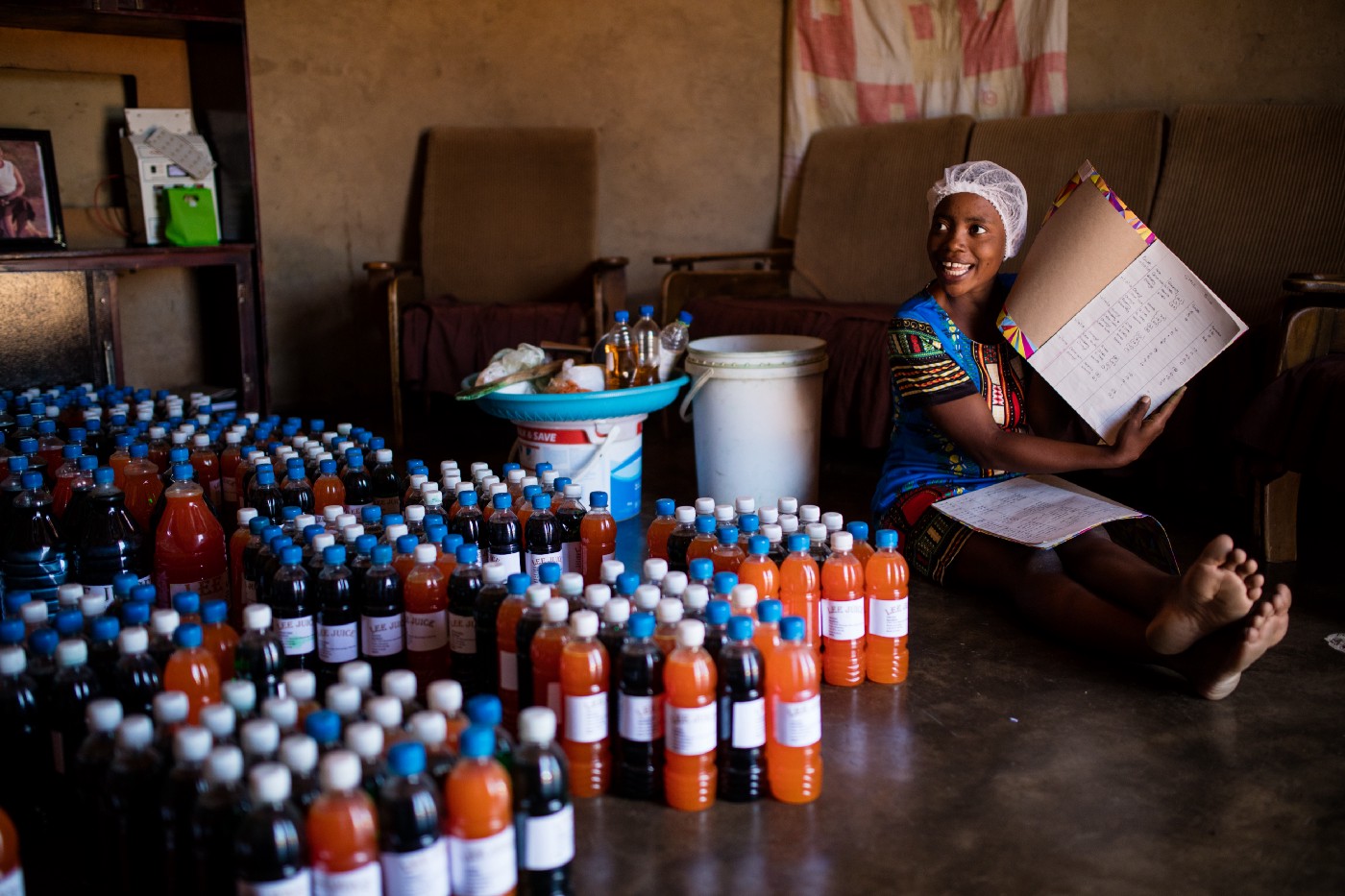
CAMA member Lindiwe started her drinks business in her mother’s kitchen. Now she supplies locals and big supermarkets. Photo: Brandon Smith
One of my roles is to provide linkages to support systems for CAMA members. I link them to resources, including the interest-free Kiva loans young women access for volunteering as Learner Guides (study and life skills trainers, mentors and role models) in their local schools. And I link them with training resources, with market opportunities, and with opportunities or events that further their learning and exposure. I have mentored young women like Lindiwe. Lindiwe produces bottled juice drinks in her rural community. She is one of the first young women to create a really innovative business. I linked her to the government authorities to allow her business to be registered. This is a long and complicated process, but the ministries supported us. Lindiwe now produces more than 2000 two-liter drinks every month. As a registered producer of drinks, we are happy to see her products in shops and in big supermarkets. She is supplying her own community, and communities beyond.
With more than 25,000 CAMA alumnae members, we can be a market of our own
The CAMA network is so important because it connects young women alumnae. It breaks the isolation, and the group makes every member stronger. This is especially important in business. In my role I connect the young women to each other and to new opportunities for their own empowerment. For example, one of the challenges young business women were facing in Zimbabwe is the issue of markets for their products, so we introduced what we call ‘business clustering.’ I trained and linked CAMA members with the Ministry of Women Affairs and the Ministry of Youth, who came in to give them specific training on how to run business clusters.
Clustering is about trying to create internal markets for each other. Right now there are over 25,200 CAMA members in Zimbabwe. So if we can’t get external markets, we can be a market on our own. For example, we would form a cluster with those who are running poultry businesses, those who are into market gardening, those who are running restaurants, and those who are running hardware shops.
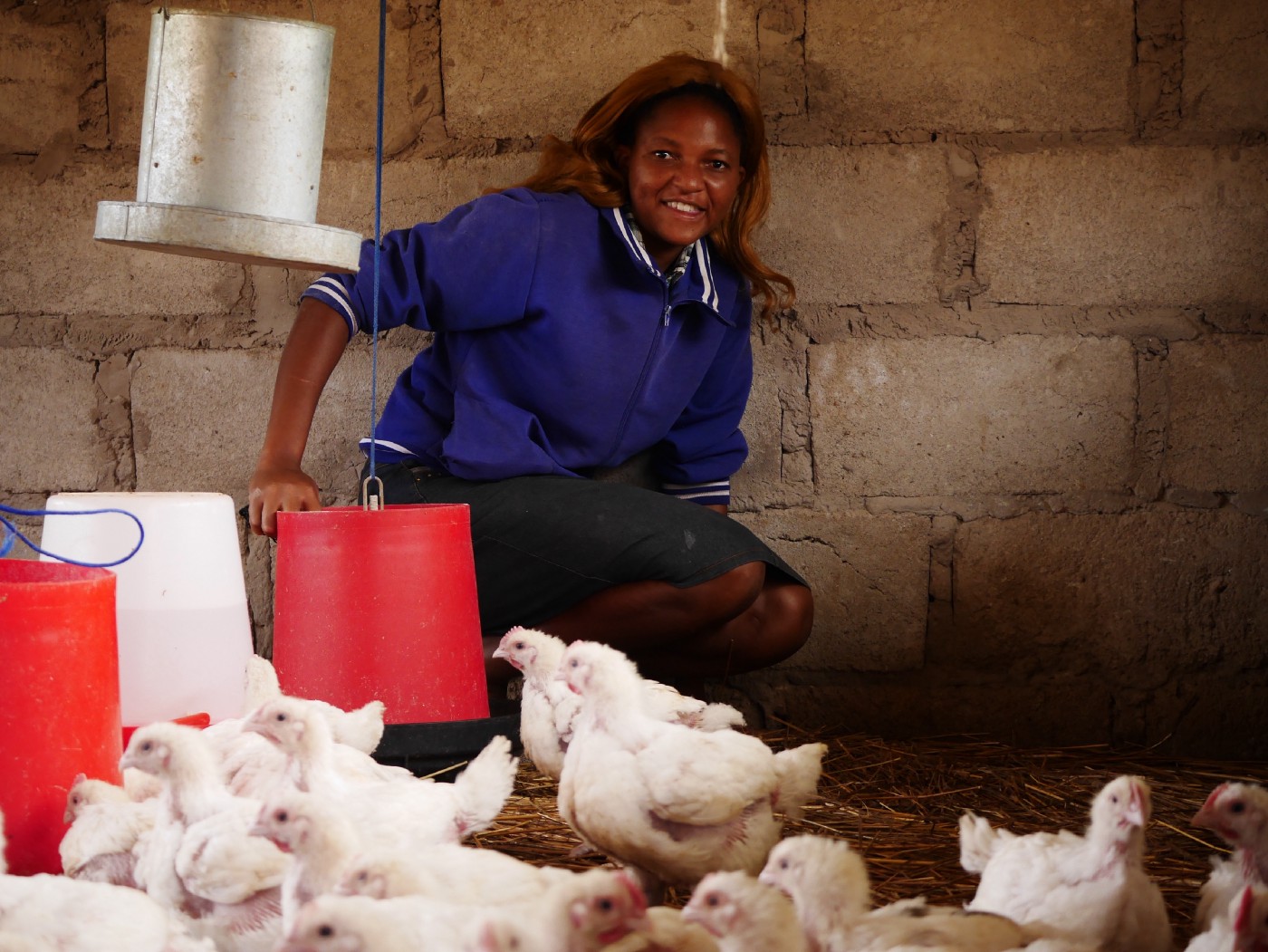
CAMA member Caroline runs a poultry business. Photo: Alan Mathers
The market gardeners producing vegetables can sell their tomatoes and onions to those who are running restaurants. Those keeping chickens sell their manure to the market gardeners. Then they also sell their chickens to the restaurants. The young women running hardware shops sell to those raising chickens — the chicken feed, the feeding troughs, even the vaccines. So we have developed our very own CAMA supply chain.
It’s about unlocking the potential that is within young women, making them realize that they can lean on each other.
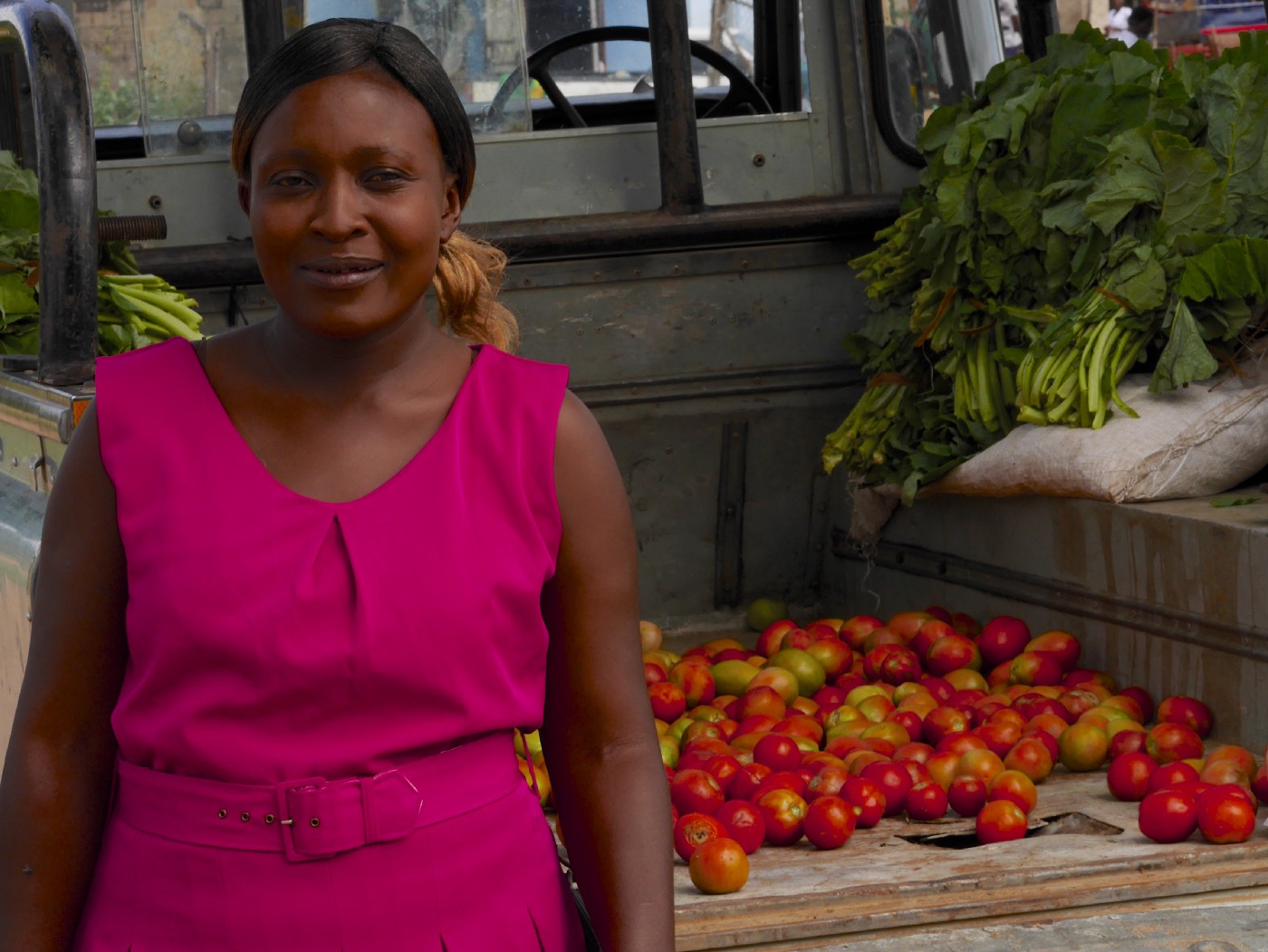
CAMA member and market gardener Charity. Photo: Alan Mathers
Together we look at the challenges affecting CAMA members in our communities, and come up with our own solutions. It’s about unlocking the potential that is within young women, making them realize that they can lean on each other. They can support each other even in times when big challenges are assailing our country, affecting the markets and businesses of much bigger companies.
She is one very strong young woman who goes around her community teaching other young women that there is value in women
I’ve seen lives transformed. One young woman went through a real struggle because of her family’s poverty. She ended up raising her children by herself and almost lost all hope. But when she joined CAMA she met other young women who inspired and helped her to realize that there is still life. I got to meet this young woman and got to understand the challenges. Now she is a Learner Guide and through her volunteering she accessed a Kiva loan, and she started to run a farming business within her own community. Because of the drought that is recurring in Zimbabwe she worked to harness water. She sank a borehole and then she began to irrigate her farm and this made her business profitable. So when her business began to thrive, she began to also help her community members, including her family.
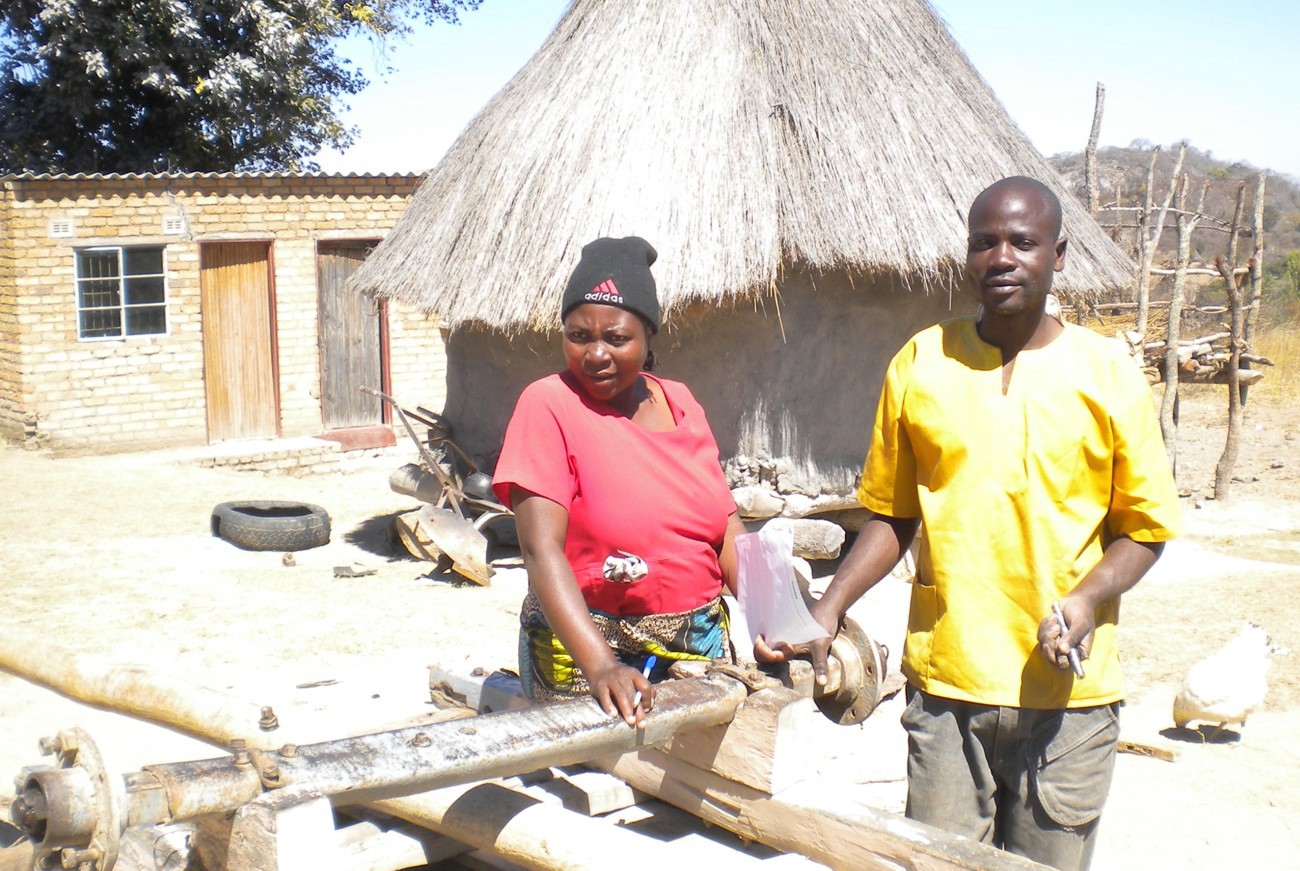
Camfed’s model sees men as key partners in girls’ education and women’s empowerment
We are able to not only help our families and our communities, but even change the mindset of the men in our lives, whether they are our fathers or our husbands
At the end her father, who had never seen a future for his daughter past marriage, began to benefit from her business, together with the rest of the family. He changed his mind about his daughter. She is one very strong young woman who goes around her community teaching other young women that there is value and there is essence in women. We are able to not only help our families and our communities, but even change the mindset of the men in our lives, whether they are our fathers or our husbands, if we bring something to the family household and contribute to the livelihood of the family.
Listen to Sinikiwe being interviewed on Cambridge 105 radio.
To support Camfed’s work and find out more visit www.camfed.org
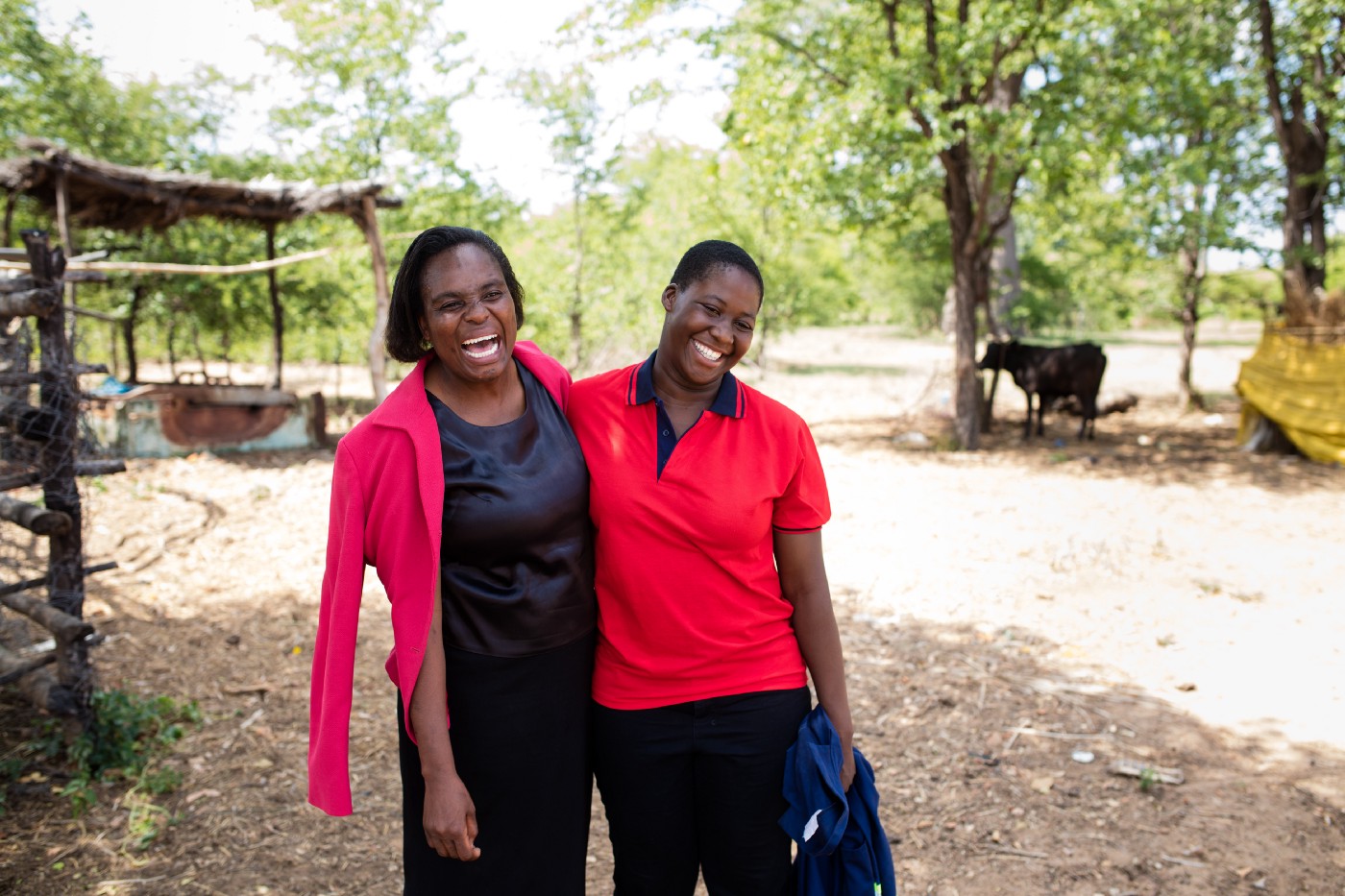
Sinikiwe Makove is the Women Empowerment Manager at Camfed Zimbabwe. She supports a grassroots movement of over 25,000 young women, 3,165 Mother Support Groups and more than 1,730 female Teacher Mentors, who are committed to helping children go to school, stay in school and succeed in order to turn the tide of poverty across rural Zimbabwe. Sinikiwe spent 18 years working as a teacher, and has worked with the Ministry of Women Affairs, Gender and Community Development in Zimbabwe. She was among the first group of women activists to facilitate awareness campaigns in communities on the Domestic Violence Act.

I'm Debora, a Learner Guide and school Matron in Tanzania. Once a vulnerable girl myself, I mentor students in Tanzania, helping them stay safe, stay…
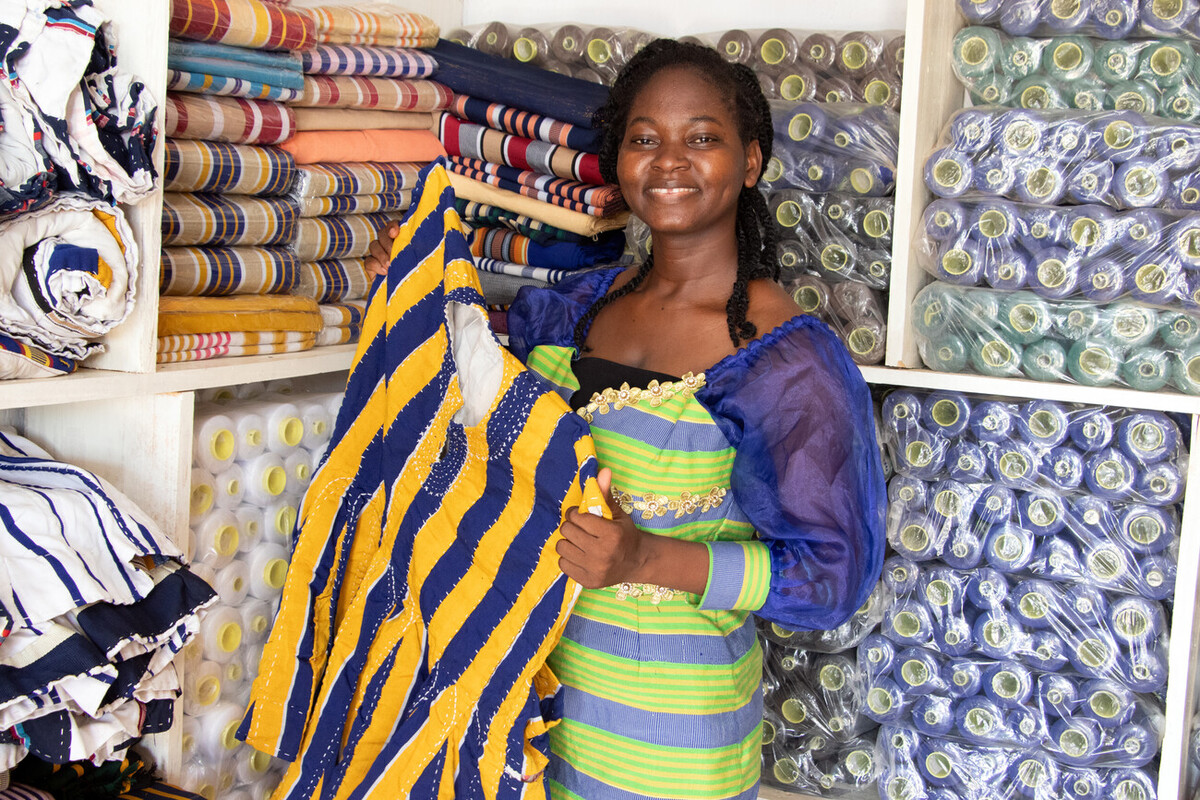
In part 4 of our blog series, ‘Crafting Change’, hear from Diana, Lydia, Veronica and Victorine about how they’re championing the previously untapped potential of…
Laura Saunders £78.1
Erin Birmingham $58.2
Helen Harvey £26.2
Deborh Case $500
Aimee Miller $158
Lucinda Morrisey $158
Emily Reardon $1052
susan. J Feingold $26.6
Jacqueline Davis $158
Susan Strome $4000
Angela Thompson £80
Paul George $158
Benjamin Woodbridge $400
Jacquelyn Sullivan $1262
Lenore Denise Williams $3000